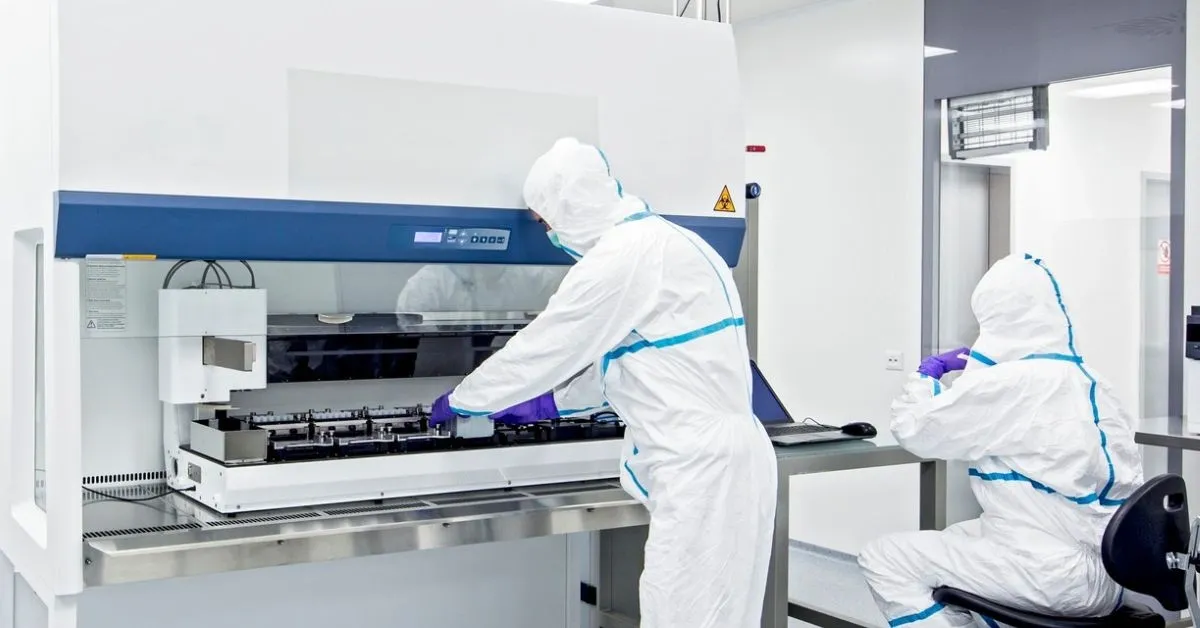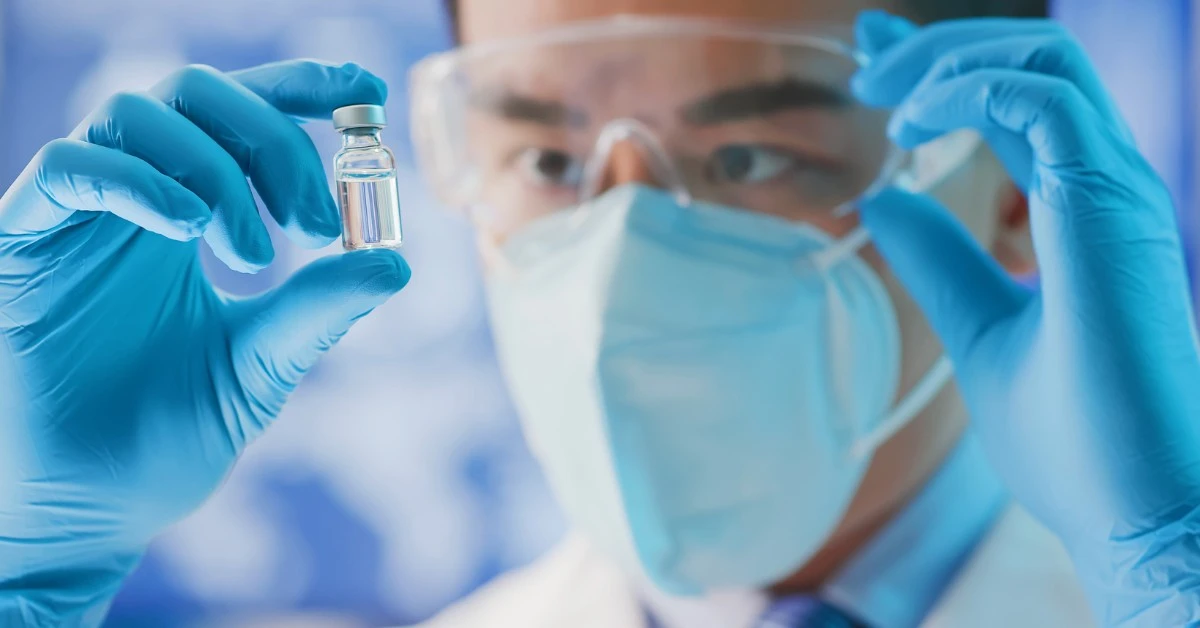Cell therapy scale-up is a critical inflection point in the development of any cell-based product. Shrewd consideration of culture media supplements can promote consistency while simplifying regulatory hurdles.
Forty percent of the global pharmaceutical product pipeline is grown in liquid cell culture media. That market share has a predicted value of 25.09 billion USD by 2032. [1] The growth of the cell media market is primarily driven by pharmaceutical investment in cell and gene therapy, technologies for cell-based vaccines and monoclonal antibodies, and the newly emerging cultured meat production industry.
Media formulation maintains critical quality attributes
Media formulation is one of the most important drivers of optimal cell growth. With so much at stake, developers are keen to ensure cell culture media has the right mix of basic components and supplements to optimize and safeguard the critical quality attributes of their target cells. These attributes will differ based on cell type and intended use; cell therapy developers may wish to optimize different factors such as proliferation capacity, yield, purity, viability, or cytotoxic capability.
Promoting differentiation from one cell type to another may require adding or changing concentrations of various cytokines and other supplements. Culturing stem cells, for example, is notoriously difficult because there is a fine balance between differentiation and expansion. Even cells belonging to well characterized subpopulations, for example B cells or T cells, can have subtle differences in protein expression that will result in differential functioning and impact the efficacy of the final product.
It is important to remember that even a single cell culture media component can significantly affect cellular health and function. Critical media components include carbohydrates, minerals, essential amino acids, pH buffers, and growth factors such as epidermal growth factor (EGF) and fibroblast growth factor (FGF).
Historically, culture media supplements often consisted of animal-derived products such as fetal bovine serum (FBS) since FBS is relatively easy to source and contains many of the components necessary for cell growth. However, the inclusion of animal proteins raises safety concerns when products are used for clinical applications. As a result, culture media supplementation has evolved to include formulations supplemented with human-derived serum, serum-free and xeno-free media formulations, and chemically-defined media.
Human serum can be used in place of animal-derived serum, but it is still variable in composition depending on source, which is problematic when moving to clinical trials. Serum-free media provides more lot-to-lot consistency than serum-containing media, but can still contain animal-derived proteins and other components. Xeno-free media does not contain any animal-derived components, (though it can still contain human-derived components), and is often preferred by researchers when translating a cell-based product from the research lab to the clinic. Modern media formulations are often targeted to specific cell types. They have improved safety profiles and can significantly improve cell performance while reducing the risk of variable efficacy.
Regulatory compliance during cell-based product scale-up
Off-the-shelf media formulations are often preferred during early-stage research because they help cut costs. However, substituting media specialized for specific cell types and quality attributes optimizes cell performance during process development, and simplifies the subsequent transition to a final product. While preliminary costs can be higher, long-term costs are often reduced. Choosing the right media supplements early in development can also help simplify the regulatory process during scale-up, which translates to significant cost savings.
Regulatory guidelines put in place to ensure the safety and efficacy of cellular products for human use are complex. Many “serum-free” supplements and media do not disclose their origin or contents, making them difficult to duplicate or substitute during supply chain disruptions. If the supply company for a particular supplement does not have adequate sourcing for scale-up operations, a new supplier must be identified and the media or supplement in question re-validated in terms of performance, reproducibility, and regulatory compliance.
Nucleus Biologics takes a different approach. Their proven media supplement, Physiologix™, is completely xeno-free and processed under cGMP conditions. It is precision-titrated to support lot-to-lot consistency, and shipped with extensive performance validation data and transparency regarding composition and origin to help streamline regulatory compliance.
Scale-up is often cited as a major pain point in the cell therapy industry. The natural variability of living products can compromise reproducibility, and regulatory guidelines for these products are still evolving. Sourcing of both reagents and raw materials is also a challenge, especially as the industry is still impacted by supply line issues prompted by the pandemic. The transition from small-scale, mostly manual cell culture methods to large-scale, cGMP regulated, and largely automated culturing methods is logistically complex and costly.
Using cell culture media and supplements that are already in compliance with international regulatory guidelines reduces the regulatory burden during the transition to clinical studies and commercialization. Nucleus Biologics is committed to providing high-quality, consistent, and validated cell media products. Our custom cell culture media and high-quality media products can be ordered and re-ordered, with real-time pricing and delivery lead times available instantly to simplify your cell therapy scale-up.
References
- Cell Culture Media Market Outlook (2022-2032). Future Market Insights. Available at: https://www.futuremarketinsights.com/reports/cell-culture-media-market
- Ghassemi S., et al. Enhancing Chimeric Antigen Receptor (CAR)-T cell anti-tumor function through advanced media design. Molecular Therapy: Methods in Clinical Development (2020), doi: https://doi.org/10.1016/j.omtm.2020.07.008.




